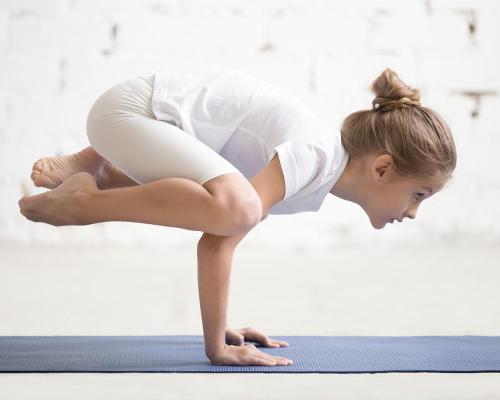People exercise less and drink more during lockdowns

Some Brits drop their exercise habits, eat unhealthily and drink more alcohol during lockdowns, according to research from the University of East Anglia (UEA).
A study of 1,000 people, currently being tracked for the new tier 5 restrictions, shows how lifestyle behaviours changed in the first month of initial COVID-19 lockdown in April 2020, with a 20 per cent reduction in days where participants were doing 30 minutes or more moderate to vigorous physical activity.
The study, C‐19 health behaviour and well‐being daily tracker study, found some of the people at greatest risk of COVID-19 – including those who are overweight – demonstrated the most unhealthy behaviour changes.
At the start of the UK’s first lockdown, UEA researchers launched a project to track people’s lifestyle behaviours to understand the impact of lockdown on the health of the nation.
Participants were followed every day for three months in what the university says is the first study of its kind.
The study began on April 8 – two weeks after the lockdown was announced on 23 March – with participants completing a baseline questionnaire.
The team collected information on age, gender, ethnicity, weight, height, the number of adults and children in a household, whether people have any pre-existing medical conditions and whether they are in an at-risk group for COVID-19. Employment status and average monthly income were also taken into account.
Participants were asked to share information daily on their smoking habits, alcohol consumption, mental wellbeing, physical activity levels, sleep, and nutrition – as well as whether they are suffering COVID-19 relevant symptoms such as a persistent cough or fever.
According to UEA's Dr Felix Naughton, who led the study, the lockdown saw a dramatic drop in physical activity levels.
"We found that participants were doing significantly less exercise," he said.
"Our figures show that overall, there was a 20 per cent reduction in days where participants were doing 30 minutes or more moderate to vigorous physical activity. But interestingly people did report that they were doing a bit more strength training – with a 15 per cent increase in strength training per week.
“We found that those groups most at risk of COVID-19 were undertaking the least activity.
“We know that exercise helps improve immune function and could contribute to an increase in deconditioning and functional decline, particularly among older people – so the fact that those who are most at risk of being severely affected by COVID-19 were doing the least exercise is a worry.
"We recognise that social distancing and shielding can make exercise more difficult, so finding ways around this is important."
The team also found that people were also drinking more alcohol in total – with women drinking more frequently, but men drinking greater quantities per drinking occasion.
"Both of these are concerning because even relatively small changes in alcohol consumption can have a marked impact on long-term health," Naughton said.
"We found that being a key worker, older and male was associated with a greater number of drinks consumed on a typical day’s drinking, and consuming alcohol on a greater number of days was associated with being older and female.”
UEA's Prof Caitlin Notley who, alongside Naughton, worked on the study, added: “Our findings indicate that on average, people’s health behaviours worsened in the early stages of the COVID-19 pandemic measures.
"It is critical now that we reflect on these changes so that we can advise people of how best to protect their health in future lockdowns.
“If short term changes turn into longer-term habits, then people’s health could be compromised as a result. Changes may also become more entrenched with more restrictions in place – this is something the team will be tracking through our follow up data collection.
“Overall, it seems to be that worsening unhealthy behaviours were most associated with being younger, female and having a higher BMI.

Centre Manager
Director of Operations
Fitness Motivator
Recreation Assistant/Lifeguard (NPLQ required)
Membership Manager
Recreation Assistant
Swim Teacher
Swim Teacher
Chief Executive Officer, Mount Batten Centre
Swim Teacher
Swimming Teacher
Swimming Teacher
Company profile

Featured Supplier

Property & Tenders
Company: Knight Frank
Company: Belvoir Castle
Company: AVISON YOUNG
Company: London Borough of Bexley
Company: Forestry England







































